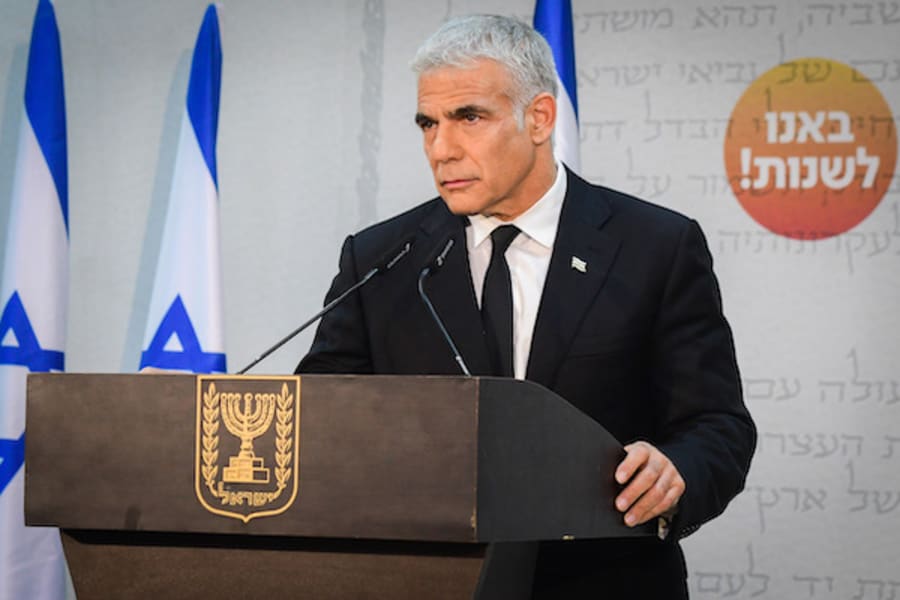Efforts to form new Israeli government continue amid Gaza fighting
Prospect of an anti-Netanyahu government linked to a quick end to Gaza-Israel conflict

Last week, Israeli opposition leader Yair Lapid was handed the mandate to form a government after Prime Minister Benjamin Netanyahu failed to secure a parliamentary majority.
And indeed, it looked like Lapid and Yamina leader Naftali Bennett would form a unity government already this week.
However, the recent outbreak of rocket attacks from Gaza, plus Arab and Jewish riots in Israeli cities, is complicating the efforts to form a new government at a time when it is most needed.
The prospect of establishing a Lapid-Bennett unity government is linked to a quick end to the ongoing war between Hamas and Israel.
As late as last Sunday, Lapid had reportedly made significant progress toward forming a coalition government with a rotating premiership with right-wing Yamina leader Naftali Bennett. Despite heading a party with only 7 Knesset seats, Bennett was expected to serve first as prime minister.
The Islamist Ra’am party, led by Mansour Abbas, constitutes a key component towards securing a majority support for a potential Lapid-Bennett government. On Sunday, Abbas reportedly held a constructive meeting with Bennett.
While Abbas’ party is not expected to join the government, Abbas is prepared in principle to support the unity government from the outside, provided that the new government commits to improving the socioeconomic situation for Arab Israelis and invests more resources in fighting rampant crime in those communities.
However, as a devout Muslim, Abbas recently suspended coalition talks in protest over Israel’s handling of the Temple Mount riots.
Then on Wednesday, Abbas declared that the government coalition talks would resume when the current violence ends.
“It is inevitable that we will return to political talks for the formation of the government after the fire subsides. We have a real opportunity to play an important role in Israeli politics for the sake of our society,” Abbas told the public broadcaster, Makan.
While many Arab Israeli politicians traditionally focus on the Palestinian-Israeli conflict, Abbas’ policy is to focus on Arab Israelis and their relations with Jewish Israelis.
Following unprecedented Arab riots in the central Israeli city of Lod, Abbas urged for calm on Wednesday.
“Peaceful popular protests have become confrontational and endanger our young people,” stated Abbas.
Abbas encouraged all Israeli citizens to be law-abiding and maintain public order.
“I ask you all to be responsible and behave wisely, to maintain public order and keep the law, protect your lives and the lives of local residents. You are all extraordinary,” said Abbas.
The politically diverse “Change Bloc” – led by Lapid – that seeks to establish a government to replace Netanyahu, currently has 58 seats if Bennett’s party joins it. Outside support from Abbas’s party, which has 4 seats, would bring the coalition to 62 seats, just above the minimum 61 seats required to form a government.
The glue that keeps this diverse bloc together is the widespread consensus that the Netanyahu era has to end. Even if a unity government is formed, it is uncertain how long it would survive, given major disagreements on key foreign policy and economic issues.
The immediate hurdle is the ongoing fighting between Hamas and Israel. Lapid’s mandate to form a government ends in early June. If the fighting with Gaza’s Islamist Hamas rulers ends quickly, the prospects for a new Israeli government are quite good.
However, if the conflict is prolonged, it could undermine Lapid’s coalition efforts and eventually push Israel toward fifth elections in a little over two years.

The All Israel News Staff is a team of journalists in Israel.













